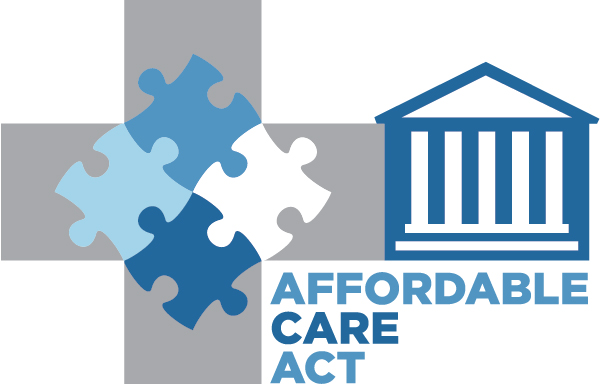After a series of setbacks, the Republican-led House finally passed proposed legislation that would replace the Affordable Care Act (ACA), the health care law known as Obamacare. It’s a first step but there’s still a long journey to enactment. And, even if Congress can eventually agree on a deal that the president signs off on, it’s likely there will be tweaks to the House-approved bill.
Nevertheless, the tax provisions included in the ACA are certainly “fair game” as part of health care legislation or any tax reforms that may be passed this year. Following are seven key tax provisions that could be axed.
- Individual insurance mandate: Currently, families are hit with a tax penalty if they don’t secure at least minimal health insurance. For 2017, the penalty is generally equal to the greater of an amount based on 2.5 percent of household income or $695 per adult ($347.50 per child under 18) up to a maximum of $2,085. If this version of the House bill is passed, the individual mandate would become history.
- Employer insurance mandate: Under the ACA, employers with 50 or more full-time employees and/or full-time equivalents (FTEs) are required to provide minimum health insurance coverage. The penalty for failing to do so is $2,260 per employee (minus the cost for the first 30 employees). As with the individuate mandate, this provision would be wiped out by the House bill.
- Premiums tax credits: The ACA features a system of premium tax credits to make health insurance more affordable to lower-income families. The House bill provides a similar system of credits based on the individual’s coverage on a monthly basis. However, as it stands now, this change as would not take effect until 2020.
- Net investment income tax: High-income investors may be hit with an extra 3.8 percent surcharge on the lesser of net investment income (NII) or excess modified adjusted gross income (MAGI) above $200,000 for single filers and $250,000 for joint filers. NII covers most investment income items. The often-reviled tax would immediately be deep-sixed by the House bill.
- Additional payroll tax: Although it doesn’t receive as much publicity as the NII tax, an extra 0.9 percent Medicare tax surcharge is imposed on wages above $200,000 for single filers and $250,000 for joint filers. Not surprisingly, the House bill would also repeal this tax, but it would not become effective until 2023.
- Medical deduction threshold: The ACA raised the threshold for deducting medical expenses from 7.5 percent of adjusted gross income (AGI) to 10 percent of AGI (with a temporary respite for taxpayers age 65 older). If the current House bill is passed, it would return all taxpayers to the 7.5 percent-of-AGI threshold, phased in over several years based on age.
- Flexible spending accounts: For years, there was no dollar limit on contributions made to a flexible spending account (FSA) set up to pay health care expenses. But the ACA imposed a $2,500 dollar cap, with inflation indexing, on contributions allowed to a health care FSA. (The limit for 2017 is $2,600.) The House bill eliminates the cap, effective this year.
Undoubtedly, we haven’t heard the last word on the tax aspects of the ACA. However, if the Trump administration and the GOP leaders in Congress get their way, some or all of these tax provisions won’t be around much longer.
Thanks for reading CPA Practice Advisor!
Subscribe Already registered? Log In
Need more information? Read the FAQs





